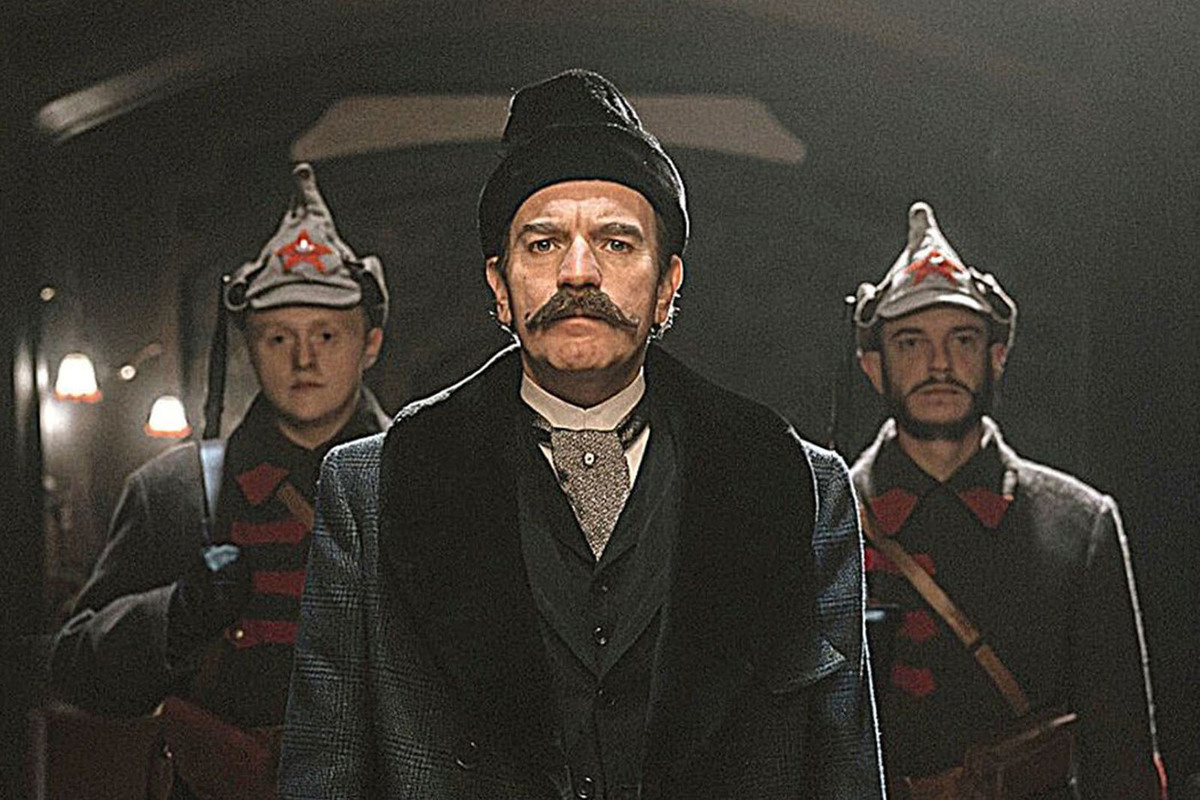The series “A Gentleman in Moscow” with McGregor was called a creepy fairy tale about Russia
[ad_1]

The new project caused a strong reaction
An outsider’s view of Russian history rarely evokes a positive response here. Of course, we ourselves know much better how it happened, which means we don’t really need a foreign interpretation of events. But this does not mean that imported TV series about Russia always turn out bad. You definitely can’t say the same about the new project “A Gentleman in Moscow”.
Perhaps, on Western streaming, “A Gentleman in Moscow” found itself a little in the shadow of “The Gentlemen” by Guy Ritchie, but the local public, whose requests still extend beyond local series, certainly showed interest in Russian flavor in a Western presentation. Many reviews contain the words “kitsch” and “cranberry”, which does not deprive the project of its advantages.
The script is based on the novel of the same name by Amor Towles, translated into many languages. The author’s experience of living in luxury Swiss hotels was mixed with a persistent interest in Russian culture, and the result was a story about a Russian nobleman observing the revolutionary collapse from the windows of the Metropol.
The main character, Count Rostov, meets the revolution in a luxurious metropolitan hotel, but soon finds himself in a terribly comical Bolshevik court, where he miraculously escapes execution, but becomes an eternal prisoner of the Metropol. He is moved from the suite to a room in the attic. Inside the hotel there is an interior restaurant, the sounds of a cello and extravagant guests as if stuck in timelessness, outside there are snowdrifts and NKVD officers with Mausers.
The creators of the series immediately step on the sore spots of the local public. The development of events, to put it mildly, deviates from what is set out in history textbooks; the revolutionary Moscow filmed in Manchester looks like an illustration from an art gloss; dark-skinned lackeys work at the Metropol. All this allows someone to put the series on a par with “Bridgerton” and “The Great,” projects that terribly outraged armchair critics with images of historical figures and blind casting as signs of a new film ethics.
But if “The Great” with Elle Fanning and Nicholas Hoult is mostly a comedic slapstick about the palace morals of Catherine’s era, then the funniest thing in “A Gentleman in Moscow” is perhaps the mustache worn by Ewan McGregor, who plays Count Rostov. Otherwise, everything is quite serious. The girl Nina, whom Rostov met at the hotel, leads him through secret corridors, showing him places where he can hide if things get really bad. The Metropol itself, of course, serves as a symbol of Russia, where small rooms and closets have nothing in common with the facade, however, both luxurious interiors and closets are fraught with constant danger.
In general, Count Rostov is a rather modern character. Stripped of his titles and freedom, but remaining true to his principles, he rejects the offer to escape from the hotel. And his pathetic statement in the spirit of “This is still my country” and a little closer to reality “If I start taking everything that happens seriously, I’ll just fall apart” are taken as if from written battles in the banned book fields.
In the story, Rostov is not forty, but 53-year-old McGregor is still able to bring a lot of energy to the frame, and his dramatic performance, based on the British acting school, immediately relegates the stylistic leapfrog of the series to the background. The crazy spirit and cranberry are more of a visual-emotional solution here, but not the main essence. Although the dashing mix of existential problems and absurd everyday life benefits both. Very British.
Newspaper headline:
In the interests of the revolution
[ad_2]
Source link








